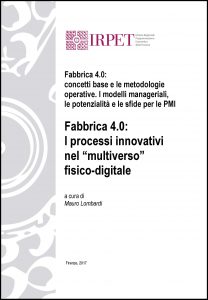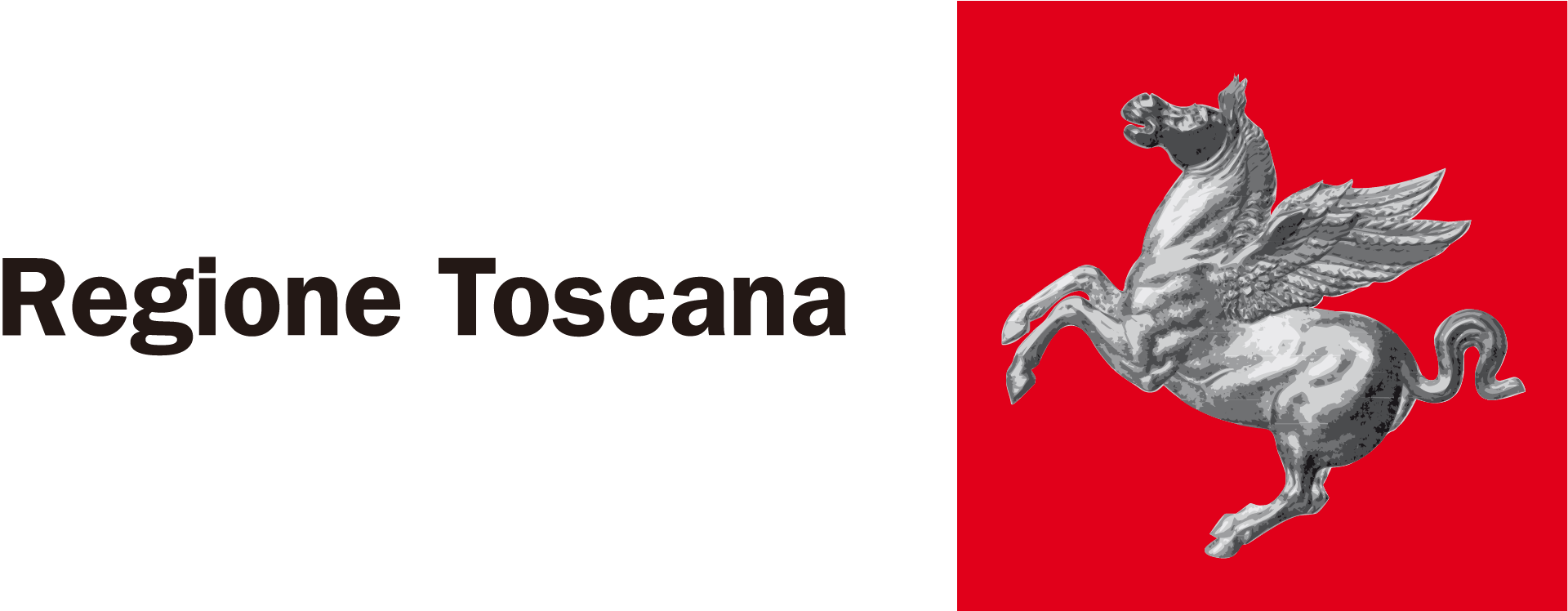 This work is intended to provide a clear view of the conceptual frameworks more often employed by a large – both theoretical and empirical – literature. This is all the more necessary given that the digitalization of processes and products implies the combination of rather different kinds of knowledge: structured, non-structured, textual, visual, aural, or natural language-related. Therefore, many profound changes may take place at different levels along the sequence of economic and production phases – from product or service conception to market diffusion and customer interactions – while having the opportunity, in a context of continual and unpredictable changes, of monitoring and operating over the whole life cycle of the product and its components.
This work is intended to provide a clear view of the conceptual frameworks more often employed by a large – both theoretical and empirical – literature. This is all the more necessary given that the digitalization of processes and products implies the combination of rather different kinds of knowledge: structured, non-structured, textual, visual, aural, or natural language-related. Therefore, many profound changes may take place at different levels along the sequence of economic and production phases – from product or service conception to market diffusion and customer interactions – while having the opportunity, in a context of continual and unpredictable changes, of monitoring and operating over the whole life cycle of the product and its components.
The present aim is to combine the examination of the strategic planning scenarios designed by the key agents of this technical-economic revolution with a rigorous and precise definition of the theoretical concepts and operational tools at work. This is all the more necessary in the present era of increasing interactions between the real and virtual worlds, in a scenario created and developed thanks to the pervasiveness of computational devices, which are gradually becoming more powerful, nearly on the verge of reaching human capabilities: learning, adaptability, prediction abilities based on something pretty close to common sense. Societies are thus growing within a real “physical-digital universe”, based on the continual evolution of the various types of knowledge in the different domains.
Author: Mauro Lombardi (University of Florence).
Study carried out under the IRPET Research Area “Local development, productive sectors and firms”, coordinated by Simone Bertini
Attachments: downloadable report
Publication details: IRPET, 2017 – Reports and researches









